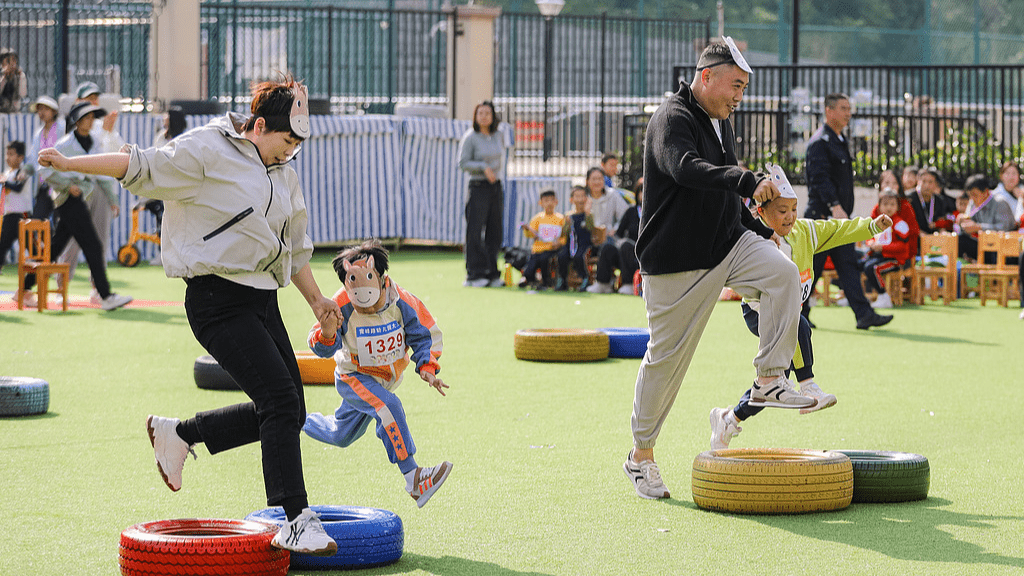China has introduced a number of new measures to create a more favourable environment for childbearing and childrearing in response to the significant demographic challenges posed by an ageing population.
The State Council directive lists 13 targeted measures to improve childbirth support services, expand childcare systems, strengthen education, housing and employment support, and cultivate a childbirth-friendly social atmosphere.
Key provisions include the extension of the maternity insurance scheme to people in flexible employment and rural migrant workers already covered by the basic health insurance scheme. The move is aimed at ensuring that new parents feel more secure when taking time off work, as local authorities are encouraged to enforce policies on maternity, paternity and parental leave.
The initiative also includes improvements to the childbirth subsidy system and personal income tax relief in connection with the birth of a child. In particular, appropriate relief from labour pains and assisted reproductive services will be added to the list of medical services that can be covered by insurance.
The country will strengthen adolescent health education to address unintended pregnancies and improve early pregnancy and abortion care.
In addition, efforts will be made to improve the child care service system, including the establishment and care of more quality pediatric hospitals and pediatricians, while promoting the expansion and equitable distribution of quality pediatric medical resources at the community level.
To improve access to childcare for children under three, the government plans to establish childcare service centers at the prefecture and city levels and to integrate childcare facilities into the planning and construction of new municipalities. Local authorities are urged to increase the limits of housing support fund loans for families with multiple children to help them purchase homes.
In order to create a favourable social climate for marriage and childbearing, the document encourages local governments to actively provide specialised services such as marriage and family counselling and to promote the reform of marriage practices. It also seeks to change traditional practices, such as extravagant wedding celebrations and high bride prices, to relieve men while promoting a positive marriage culture.
At the same time, it emphasizes the importance of using community organizations, businesses and individuals to work together to create a social environment conducive to childbirth.
China, one of the world's most populous countries, is facing the challenges of a rapidly ageing population of 1.4 billion. As of 2022, the country has entered a phase of population decline, with those aged 65 and over now making up more than 14 % of the population, indicating a moderately aging society.
According to current data, there are nearly 300 million Chinese citizens aged 60 years and over, and this number is projected to exceed 400 million by 2033 and approach 500 million by 2050. By that time, seniors are expected to account for nearly 35 % of the country's population.
Given these demographic changes, China has gradually relaxed its family planning policy over the past decade. In 2013, the government allowed couples to have a second child if either parent was an only child. This was followed in 2016 by a policy that allowed married couples to have two children, effectively phasing out the decades-long one-child policy. In 2021, support was announced for couples wishing to have a third child.
CGTN/ gnews - RoZ



